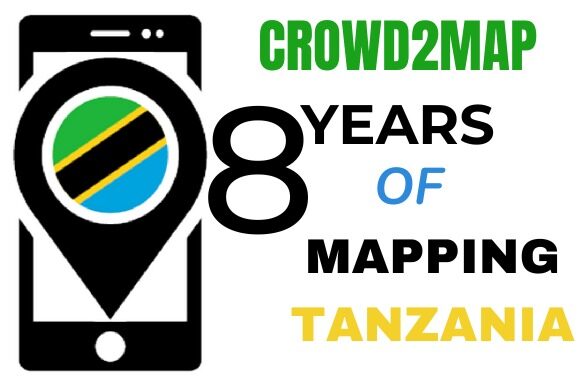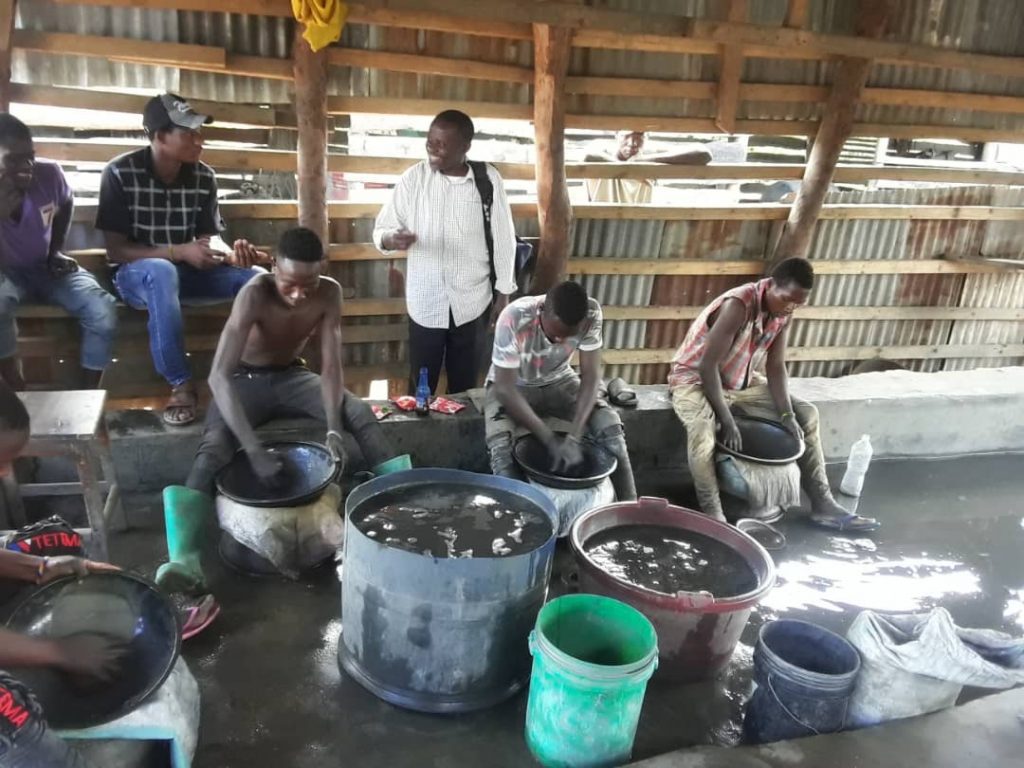Due to its geological framework, Katavi region is endowed with abundant mineral deposits of different kinds including gold, green tourmaline, gemstone, and copper Most of mining activities are conducted by small scale miners. Gold in the Region of Katavi are found in the following areas Ibindi, Ugalla, Singililwa, Msagiya Kampuni and Mpanda town.
Miners and processors are a highly dynamic group of people. Particularly in gold mining, there are a lot of rushes in the Region of Katavi that may see thousands of workers come and go in a matter of months. 1 in 3 workers arrived from a different region, and many others travel within these vast regions in pursuit of employment opportunities. Often, sites have no adequate infrastructure to deal with the influx of workers. Over half of workers operate on a site that has a makeshift camp where workers live and sleep.
When we visited most of the mining sites in the Region we found that women benefit considerably less from this mineral wealth than men. They remain stuck in lower level positions; they are mainly engaged in processing activities such as crushing and panning. Mining remains a patriarchal sector where men are protective of their positions. As sites are also ill-adapted to women, with, for instance, only few sites having separate sanitary facilities. Paradoxically, most sites cannot function without women, who provide the bulk of support services such as serving food, selling drinks, maintenance and transporting supplies. Another problem prevalent in the mining sites in the Region of Katavi is the problem of child labour. Although illegal, their involvement in mining is widespread. In about half of sites with child labour, children seen working during school hours.
Health and safety are a pressing concern in most mining sites. There is no access to sanitary facilities in many sites, and where there are available, they are in poor condition or insufficient in number. Combined with the lack of clean drinking water, dust and noise pollution, mines are a breeding ground for numerous infections and disease.
Mining activities also severely impact the environment in Katavi through water pollution, deforestation and land degradation.
Considering these challenges, it is clear that considerable work remains to be done in enforcing the law on these sites.
Good Harvest Organisation, in conjunction with the local Red Cross, are mapping the mining the mining sites by training its members and equipping them with mobile phones and open-source mobile data collection applications to capture coordinates, take pictures and complete dedicated questionnaires, to bridge information gaps around mining in the region of Katavi. This will be done in two main phases.
The first phase will consist of a broad mobile survey on the socio-economic and human rights impact of mining in the region. we will survey all communities around mines on their perceptions regarding the impact of these operations. The findings of this data collection will be published and given to the key stakeholders. This data will enable hands-on follow-up by the Government of Tanzania and local NGOs.




